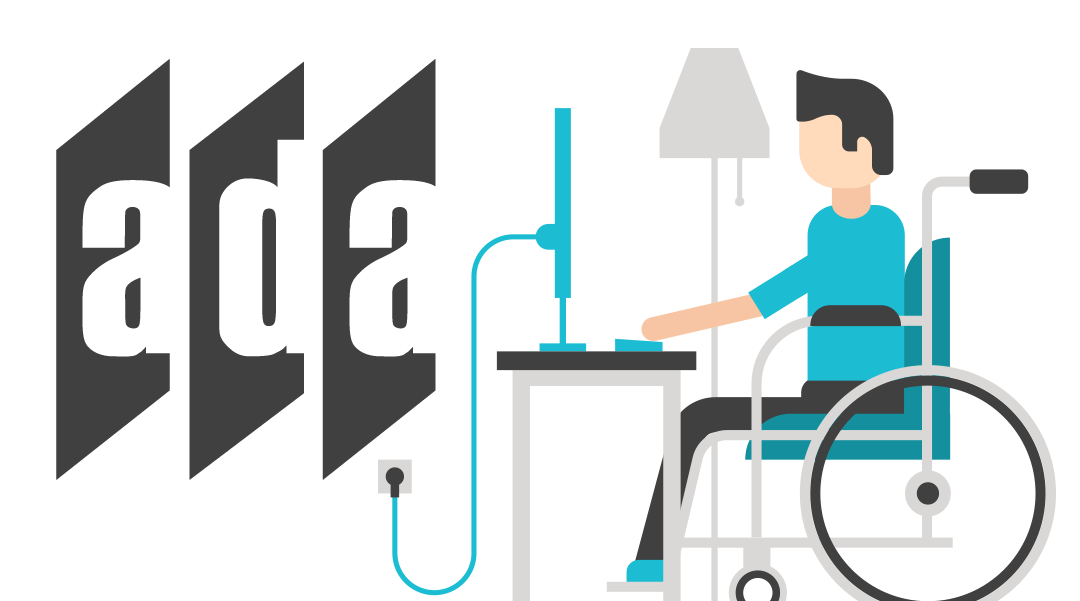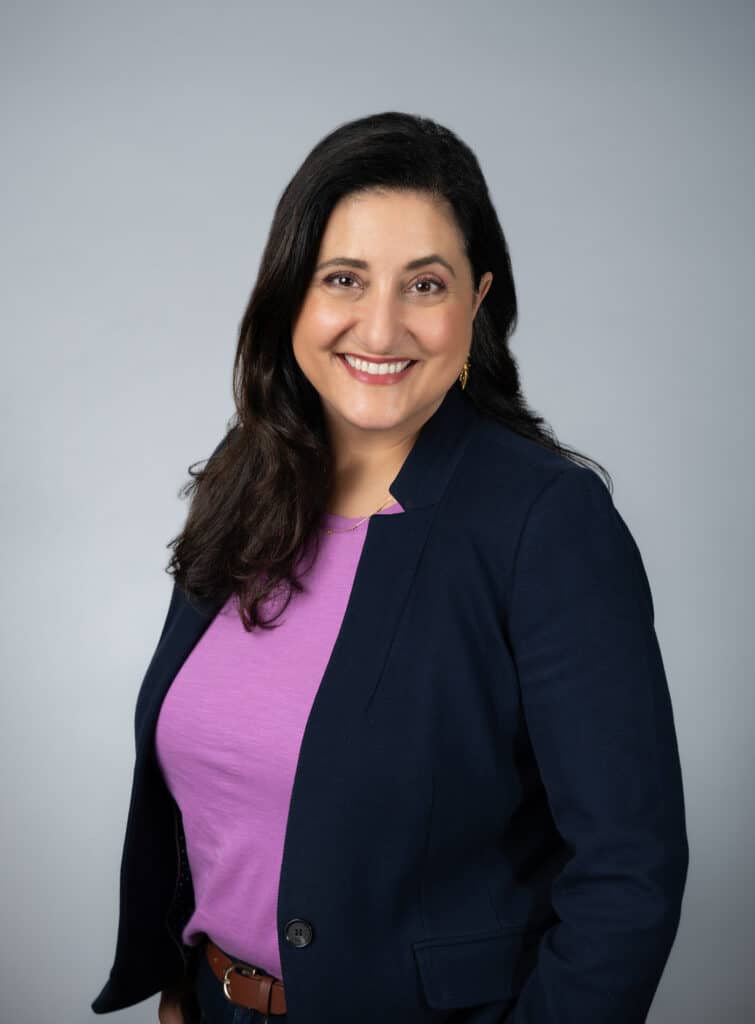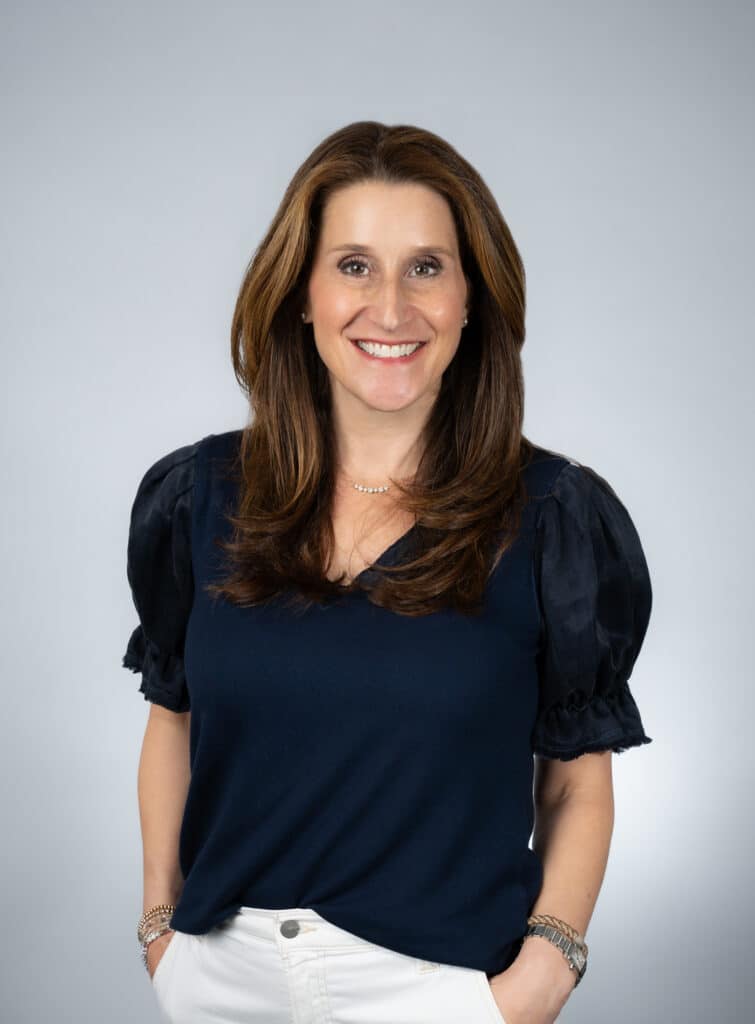The Americans with Disabilities Act (ADA) was established in 1990 to ensure that people with disabilities have the same opportunities as everyone else. According to the United Spinal Association, one of the contributing drivers of the landmark law, the ADA gives people with disabilities the chance “to participate more fully in their communities, compete more effectively for jobs, travel more easily in their hometowns and across the nation, and gain more complete access to the goods and services that most Americans take for granted.”
How does this law apply to websites and the services and goods they offer? Let’s take a look at how the ADA accessibility guidelines effect your website.
What does the ADA and Accessibility mean for your Website?
Just over five years ago, Web Content Accessibility Guidelines (WCAG) was declared the official standard of website accessibility by court order.
WCAG covers a wide range of recommendations for making web content more accessible, as deemed standard by the ADA.
Following the WCAG guidelines will make your website’s content accessible to a wider range of people with disabilities, including blindness and low vision, deafness and hearing loss, learning disabilities, cognitive limitations, limited movement, speech disabilities, photosensitivity and combinations of these.
Since WCAG’s inception, there have been many revisions, with WCAG 2.2 released in late 2023 as the current version. WCAG 2.2 contains the continued website developer criterion of A, AA, and AAA conformance and level of commitment on which to pic as a business.
Many organizations have invested in retrofitting existing websites to meet the WCAG requirements. Many others took the opportunity to refresh their online presence with new websites.
Either way, it’s important that your website meets the ADA standards, using WCAG as the guidepost. Failing to do so can have serious implications, including lawsuits.
Potential Lawsuits
The most significant risk of not having an ADA and WCAG compliant website is a potential lawsuit. People with disabilities may claim inadequate access to your web content.
There is precedence here, and the financial reach of these suits (both legal fees and settlements) can be damaging to an organization. In 2006, The National Institute for the Blind sued Target Corporation for their lack of shopping accessibility, which serves as an early example. It took Target 12 years to close the case and $6 million in damages.
In 2023, over 4,500 cases were filed across the United States, over 75% of them in New York State.
A company does not have to reside in New York to risk being sued. In 2024, the case Colak vs. Sweetgreen’s in NY was introduced. The plaintiff claims access to screen-reading software was inaccessible to order food online.
“Another noteworthy finding, although hardly surprising, is that e-commerce websites dominate the ADA website industry breakdown accounting for 82% of all lawsuits with other major sectors such as food services, education and healthcare comprising the remaining 18% between them. E-commerce websites are renowned for featuring rapidly changing dynamic content as well as requiring significant user interaction and therefore the risk of accessibility fails, particularly amongst blind users deploying screen readers, is extremely high.” * ~ Forbes
Missed Opportunities
Being ADA compliant opens your proverbial website doors to more visitors (according to the U.S. Census Bureau’s measure of Americans with disabilities). To give you an idea, the population of Peoples with Disabilities was 42.5 million people in 2021 or 13% of American states and territories. That’s a significant missed opportunity. Especially in developing an Ecommerce website.
The need to revamp your Accessibility Guidelines is more crucial than ever. In the U.S., the aging baby boomer generation, who have shown a moderate to substantial uptake of technology compared to their parents, may require visual and auditory aid as they form one of the largest aging demographics in history.
As an example of international commerce, in a nation like South Africa, individuals suffering from macular degenerative conditions face a lack of eyeglass initiatives and limited state support. As a result, mobile devices and aid become their sole source of communication and access to the internet. Mobile purchases or services could be sold inclusively by simply designing your website for everyone in mind.
Improved Search Visibility
Screen readers are a crucial aspect of website accessibility. They function similarly to search engine crawlers, scanning your site for content. Enhancing your site’s compatibility with screen readers will ultimately boost its visibility in search engine optimization (SEO). The result? Increased traffic to your website!
Screen readers can be accessed through various means, such as using a standard tab key, other key commands, a braille keypad, or even a blow straw. These are just a few examples, but the options are not limited.
There is a safe harbor clause which allows existing content – if your content had NOT changed since January 18th, 2018 – to remain as-is. However, if you’re not updating your website regularly you may be missing the point. After all, fresh content is essential to strengthening a presence in your search engine rankings. The bottom line? Your site needs to be ADA compliant.
If you’re unsure if your site is compliant or want to find out where to get started, Contact Us for your free assessment and let’s be partners!
* Alexiou, G. (2024, January 9). New York Led The Way In U.S. Web Accessibility Lawsuits In 2023, Report Shows. Retrieved January 24, 2024, from https://www.forbes.com/sites/gusalexiou/2024/01/09/new-york-led-the-way-in-us-web-accessibility-lawsuits-in-2023-report-shows











